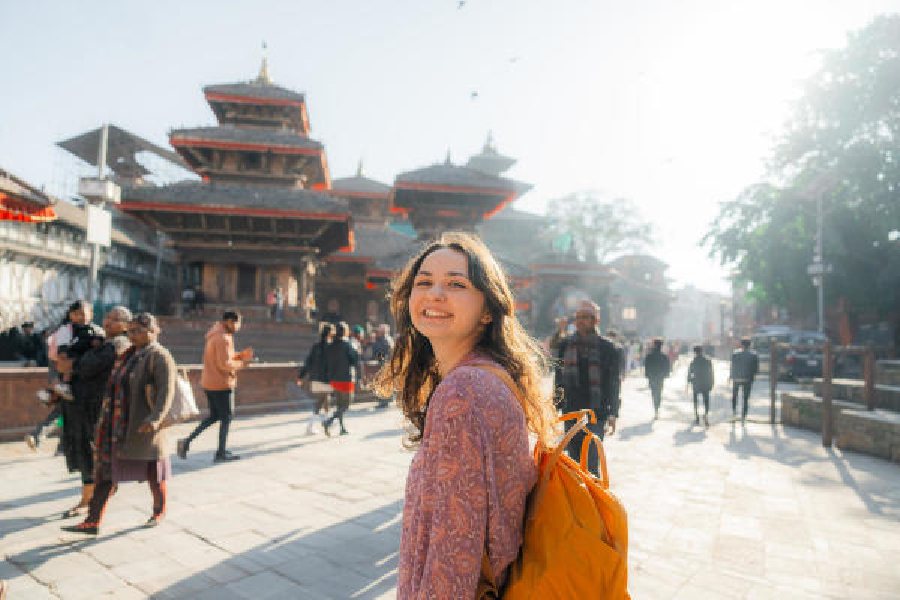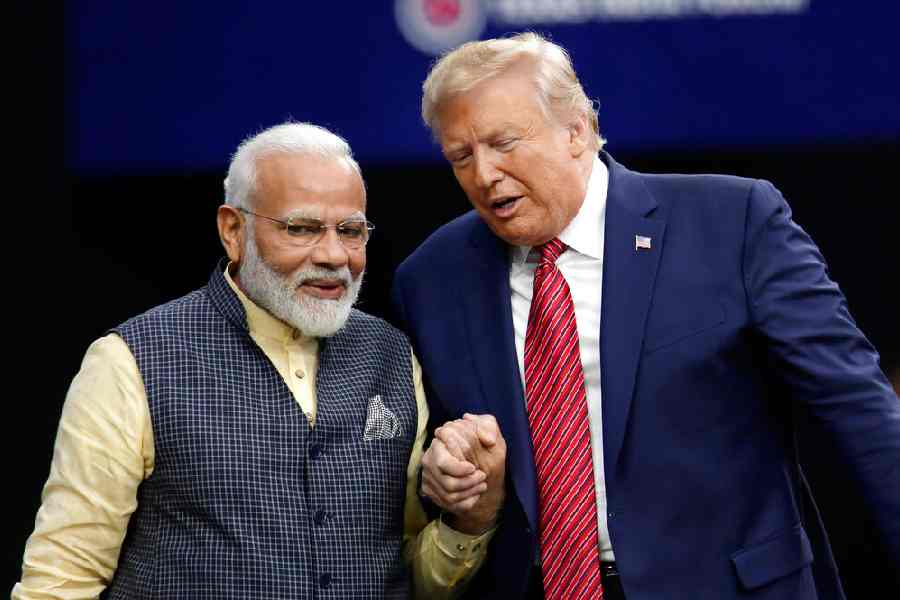Book: Airplane Mode: An Irreverent History of Travel
Author: Shahnaz Habib
Published by: Catapault
Price: $27
“Travel is fatal to prejudice, bigotry and narrowmindedness,” wrote Mark Twain. What the American author had in mind was perhaps travel’s capacity to liberate a voyager from moral failings. Shahnaz Habib’s book poses an interesting counter-narrative to Twain’s hypothesis. She unpacks the wider prejudices/inequalities by posing such searching queries as to ‘who feels entitled to travel’, ‘who gets to decide who gets to travel’, ‘which places develop into tourist attractions’ and so on.
Divided into nine interlinked chapters, Airplane Mode interrogates the ‘silences’ that shroud the global travel enterprise — its chequered colonial legacy, its relentless appropriation for geopolitical ambitions and the increasing limitations being posed by borders. These issues are fleshed out against the backdrop of Habib’s personal sojourn of seeing the world, a privilege that, she argues, is demarcated for the white, European male.
The subtitle is indicative of Habib’s manifesto: an attempt at decentring first-world conversations about travel through the prism of gender, ethnicity and privilege. The commentary, subversive and cheeky, brims with historical vignettes — the “pseudiscovery” of the “Third World” by the European explorers that invisibilised the natives, the travelling escapades of literary characters and mythical figures (Agatha Christie’s Joan Scudamore or the Queen of Sheba) and those of celebrated explorers like Ibn Battuta and Marco Polo.
The first chapter documents how Habib’s solo travel experiences in Turkey as an Indian Muslim immigrant based in America differ from those of the “intrepid” Megan, an Amherst-based, white woman backpacking around the world. Binaries (travel versus tourism, wanderlust vs flaneuring, American passport vs passport of colour) form the leitmotif of Habib’s interrogation of the resultant contrasting experiences. Cursory glances are also accorded to travel paraphernalia: the evolution of the tourist guidebook and maps are examples. In fact, “passportism” — Habib labels it “bureaucratic mysticism” — is considerably meditated upon. However, given the book’s title (Airplane Mode), greater attention could have been devoted to how smartphones have changed the experience of travel.
The third chapter elucidates on how reading could also be a form of travelling through its portrayal of the idiosyncrasies of the author’s father who hated travelling. His sentiment is compensated by the description of Habib’s trips with her infant daughter around Brooklyn.
While Airplane Mode may not prompt readers to pack their bags, it will compel them to ponder the politics surrounding travel.











